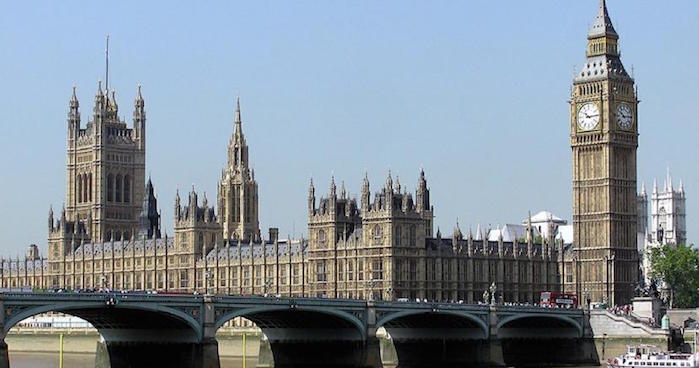The UK Government wants to put in place a ‘temporary customs union’ to soften the blow for UK businesses after we leave the EU.
In a new document, Ministers set out the ‘ambitious new customs arrangement’ the Government wants to secure with the EU after Brexit.
The UK’s departure from the EU’s customs union was confirmed at the weekend in a joint article by Chancellor Philip Hammond and Trade Secretary Liam Fox, Cabinet Ministers on both sides of the Brexit divide.
But the customs plans set out arrangements for the ‘freest and most frictionless possible trade’ with the rest of the EU and include a ‘temporary customs union’ after we leave in March 2019.
This would mean the continuation of the arrangement where tariffs are not imposed on trade within the EU, while every country within it levies the same tariffs on imports from abroad. But during this period, the UK would also expect to be able to negotiate its own international trade deals – something it cannot do as an EU customs union member, according to the BBC.
Once this period expires, the UK will look to agree either a ‘highly streamlined’ border with the EU, or a new ‘partnership’ with no customs border at all, the document reveals.
The Government said the interim arrangements would mean businesses would only have to adjust once to the new arrangements. However, the final outcome will have to be negotiated with the EU, which is likely to resist an arrangement that gives the UK the best of both worlds.
Industry priority
The continuation of free trafe with the EU has been highlighted as a priority by the UK farming industry, including the NPA, amid concern over the damage new tariffs on exports to the EU would cause.
The NPA was one of a number of farming organisations earlier this month to call on the UK Government to secure an initial transition period through which the UK retains unfettered access to European markets, remaining within the Customs Union.
The association has warned UK exports to the EU could become uncompetitive if tariffs are imposed given that more than 70% of pork is exported to or via the EU; this could have a dramatic impact on the UK industry. A particular concern is exports of cull sow carcases predominantly to Germany, a market that does not exist in the UK.




